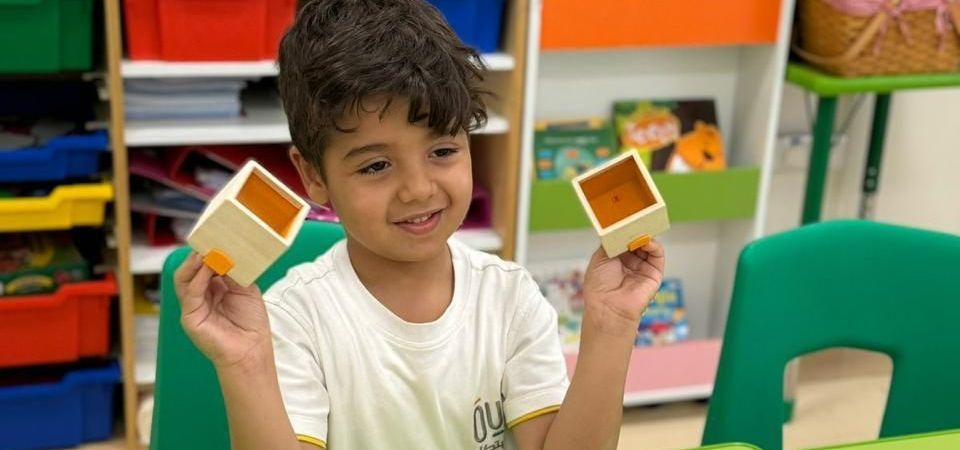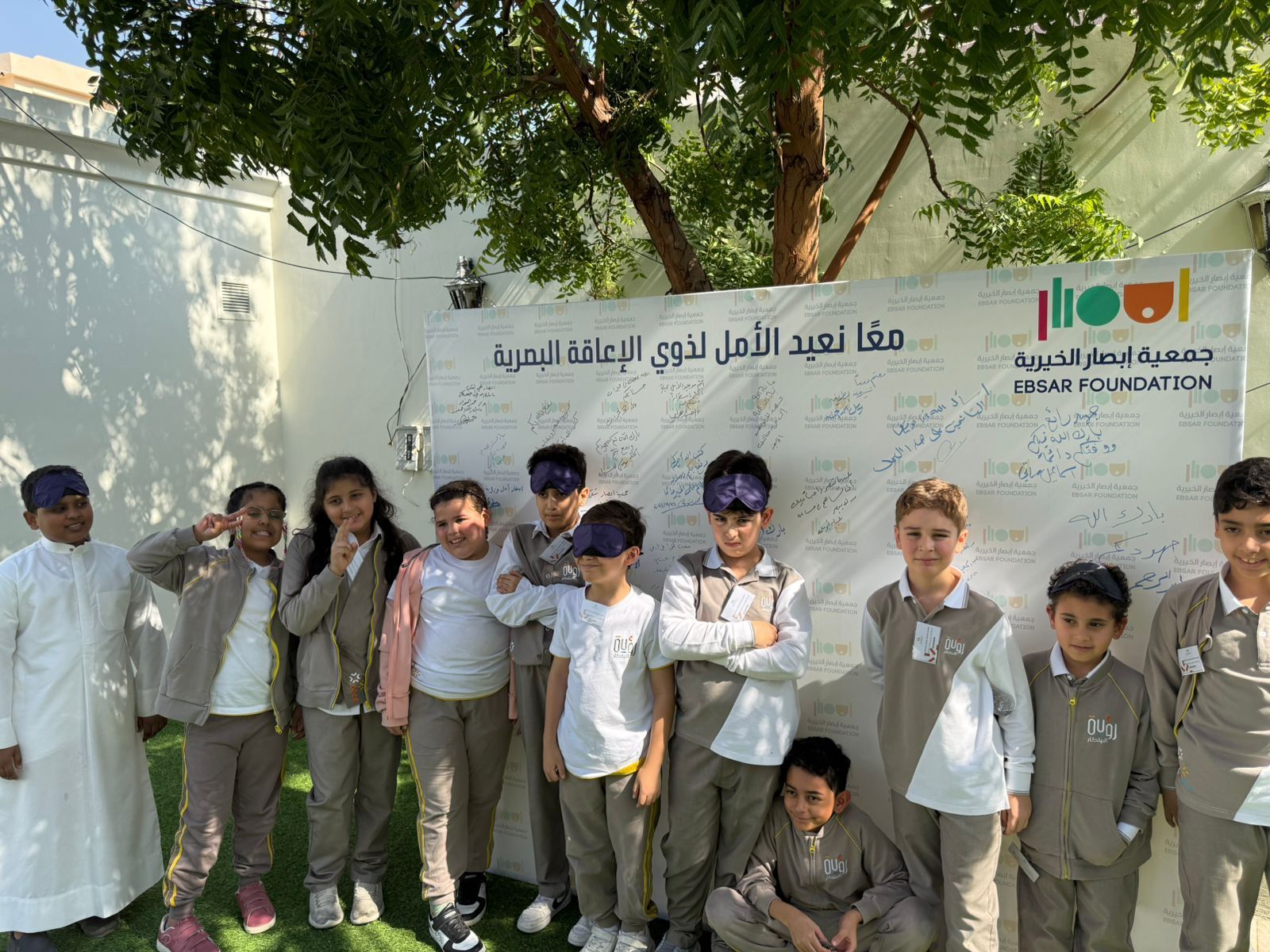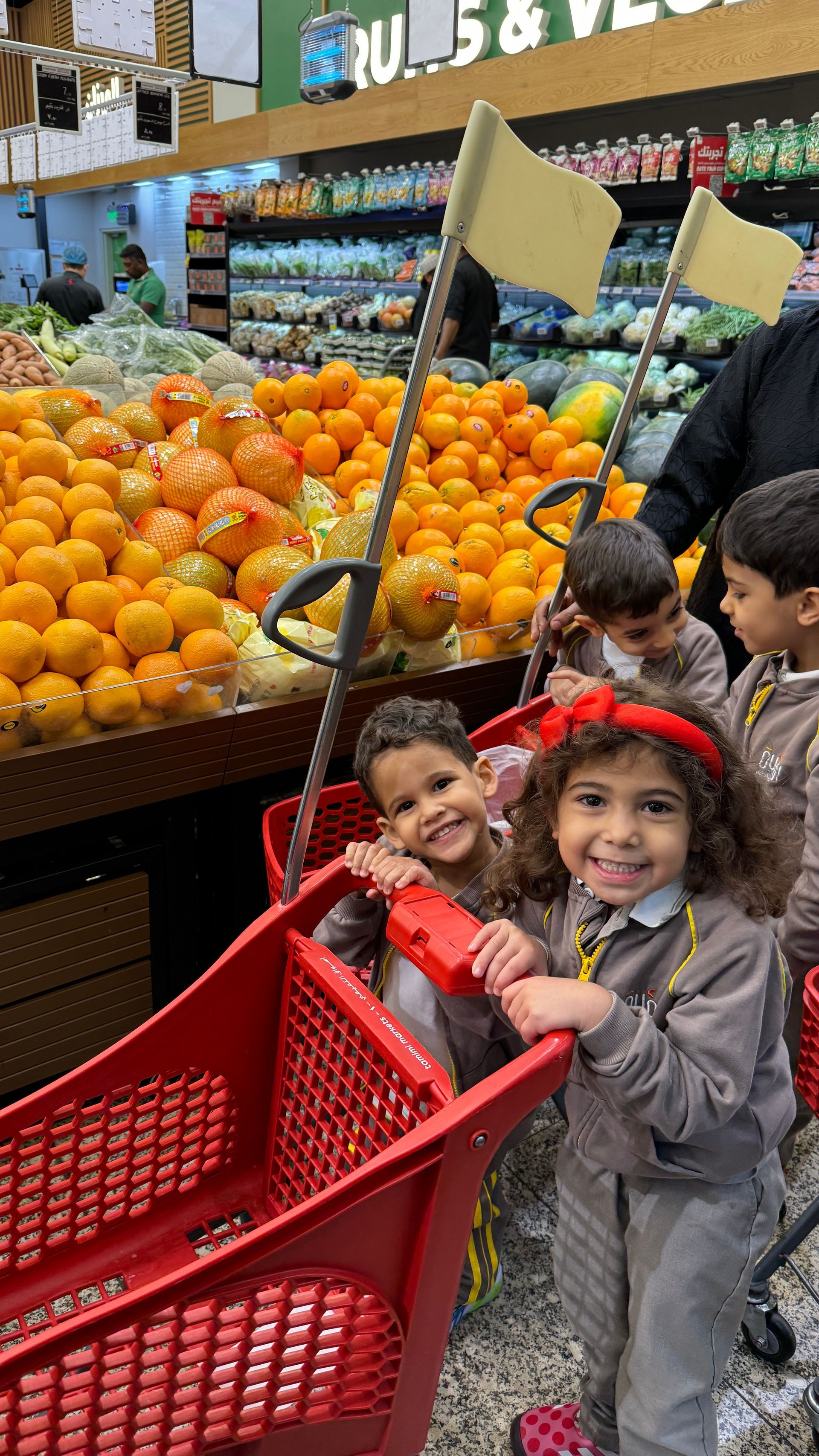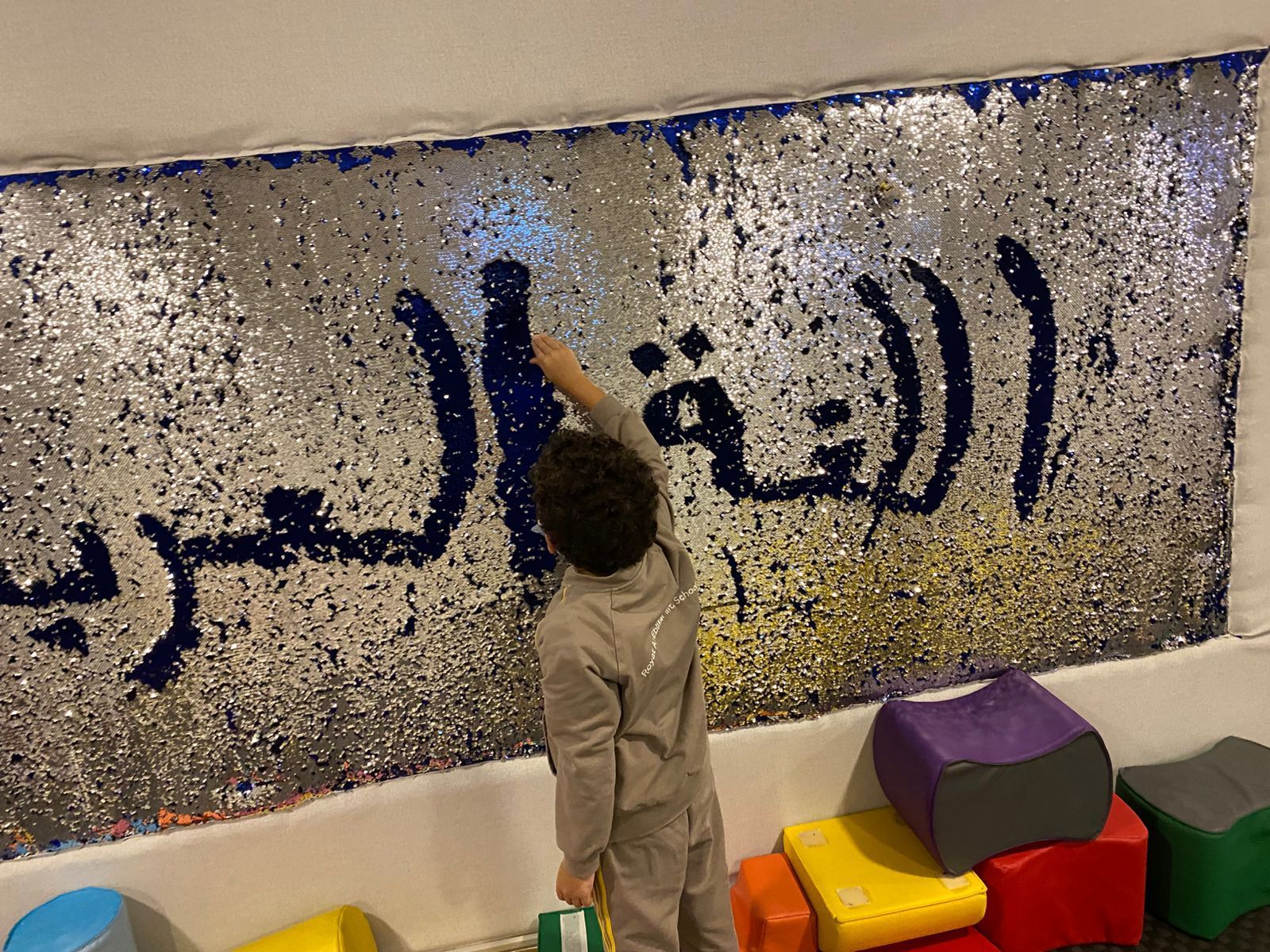How to Talk to Primary School Students about Tragedies
When I was a boy and I would see scary things in the news, my mother would say to me, 'Look for the helpers. You will always find people who are helping - Fred Rogers
How to Talk to Primary School Students about Tragedies
Sometimes, bad things happen. Parents may try to prevent young students from hearing about tragedies, but students may see information about those things on the news or hear adults or other students talking about it. It can cause the child to be confused and have concerns.
When discussing tragedies with primary school students, it’s important to approach the conversation with care and sensitivity. This helps children process their feelings and understand the situation more clearly. Engaging them thoughtfully creates an opportunity for support and reassurance, allowing them to feel heard and understood.
Start by asking open-ended questions
Ask children what they have heard about the tragedy and how they feel. This approach lets them express their thoughts and emotions freely. It also allows you to clear up any misinformation they may have received, creating a space for open dialogue and emotional support.
Provide age-appropriate information
Provide age-appropriate information that matches the child's level of understanding. Simplify the event's context without overwhelming them with too many details. For younger children, keep the conversation short and focused on their feelings rather than the tragic event itself, helping them grasp the essentials without fear or confusion.
Validate Their Feelings
It's essential to validate their feelings during these discussions. Reassure children that it’s normal to feel scared, sad, or confused. Acknowledging their emotions helps them process the situation and gives them the support they need. By recognizing their feelings, you foster a sense of comfort and stability in the conversation.
Focus on Safety and Coping Strategies
Reinforce the idea of safety by explaining the efforts being made to protect them. Emphasize that although tragedies can occur, many people work hard to keep everyone safe. Talk about coping strategies, like comforting activities or speaking to trusted adults, to help children manage their emotions and build resilience.
Utilize Available Resources
Utilize reputable resources to guide your conversation. Various organizations offer helpful materials and advice designed for children. Using these resources ensures that both adults and children have a supportive framework for navigating the conversation in an informed and thoughtful way.
Encourage Ongoing Conversations
Encourage ongoing conversations rather than addressing the topic just once. Let children ask questions as they come up and check in on their thoughts regularly. This continuous dialogue provides a safe space for children to process their emotions and keep the lines of communication open over time.
By using these strategies, parents and educators can help primary school students understand and navigate their emotions during tragic events in a supportive, constructive way.
When tragedies have happened, what helped you? Do you have any ideas for how to help children cope with bad news? Join the conversation and share your ideas below.
More Resources about this topic can be found at:















